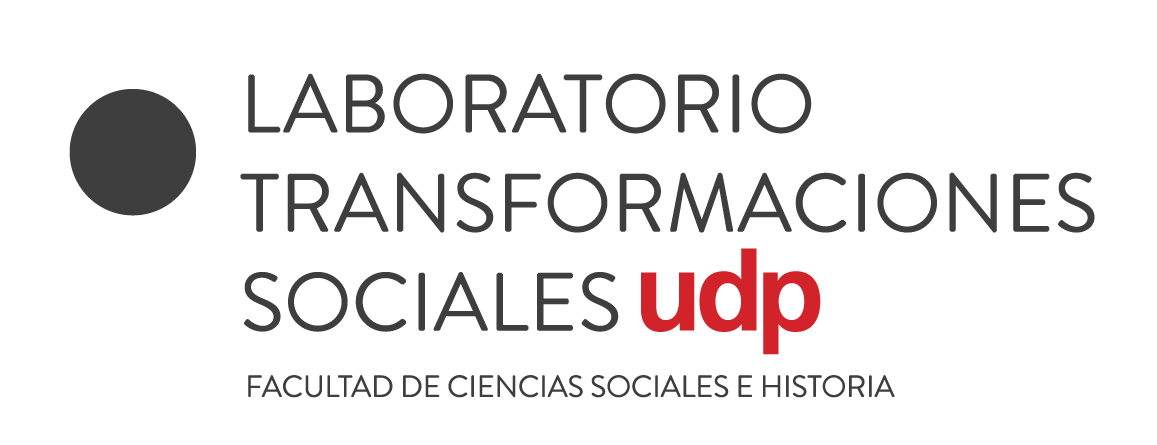Tensions and Possibilities of Latin American Social Theory: José Martí and the Friendship of Democracy in (Our) America
DOI:
https://doi.org/10.32995/0719-64232015v1n1-1Keywords:
Jose Martí, Friendship, Politics, Poetry, Latin American thoughtAbstract
Starting from the question of the possibility of social theory in Latin America, understood as a social thought from Latin America rather than as a reflection from, on or for Latin America, the relationship between friendship and politics in José Martí is presented. The Cuban insists on friendship as a possibility of bonding men affectively and virtuously, thus overcoming the mere utilitarian relationship that abounds, as he describes, in modern American democracy. From his reading of Tocqueville, and particularly from the importance that the Frenchman gives to the maintenance of the traditional role of women in modern society, Martí aspires to constitute a political order that is not only capable of waging war against the invading enemy, but also of amicably allying the different children of Mother America. From there we conclude by affirming the need to read the elaboration of Latin American social theory in a cosmopolitan and discontinuous way, from the assumption that Latin America is not a given place from which to write, but a territory that authors like Martí himself reinvent in writing.
Downloads
Published
How to Cite
Issue
Section
License
Copyright (c) 2015 Alejandro Fielbaum

This work is licensed under a Creative Commons Attribution-NoDerivatives 4.0 International License.

Este obra está bajo una licencia de Creative Commons Reconocimiento-NoComercial-CompartirIgual 4.0 Internacional.



